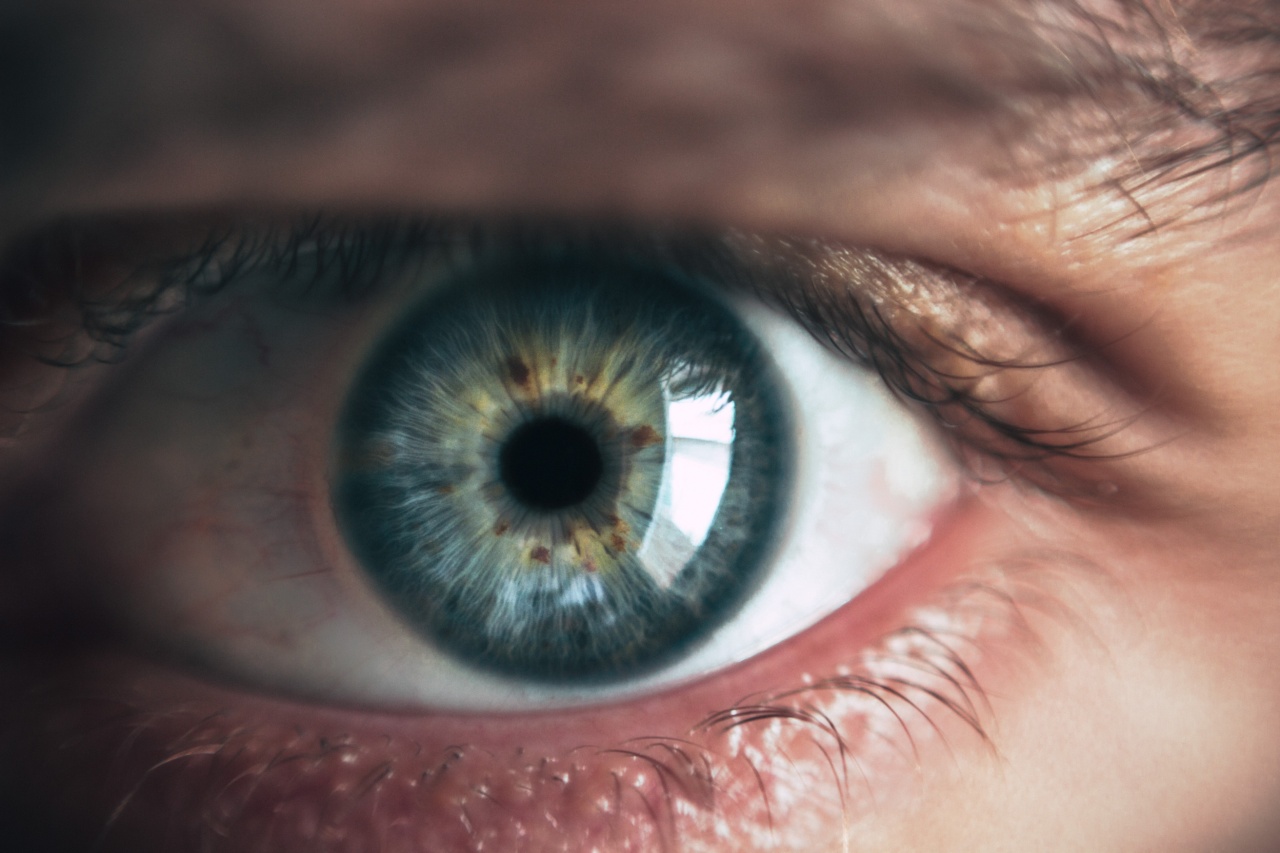Headaches are a common occurrence among people, and they can be caused by a variety of factors, including stress, dehydration, lack of sleep, and hormonal changes.
However, if you experience intense headaches – especially ones that are accompanied by blurred vision – it could be a sign of an underlying condition that requires medical attention. In this article, we’ll explore the causes of intense headaches and blurred vision, their symptoms, and what you can do to manage them.
What causes intense headaches and blurred vision?
There are several conditions that can cause intense headaches and blurred vision. Here are some common ones:.
1. Migraines
Migraines are a type of headache that can cause intense pain, nausea, and sensitivity to light and sound. They are often accompanied by visual disturbances such as aura (flashing lights, zigzag lines, blind spots) and blurred vision.
Migraines can last for several hours or even days and can be debilitating. They are believed to be caused by changes in the brain and may be triggered by stress, lack of sleep, certain foods, and hormonal changes.
2. Cluster headaches
Cluster headaches are intense headaches that usually occur on one side of the head and are accompanied by eye-related symptoms such as redness, watering, and drooping eyelids, as well as facial sweating and swelling.
Cluster headaches usually occur in clusters, hence the name, and can last for several weeks or months before disappearing. The exact cause of cluster headaches is unknown, but they are believed to be related to abnormalities in the hypothalamus.
3. Brain tumors
Brain tumors can cause headaches and blurred vision as they grow and press against the brain.
The headaches caused by brain tumors are often severe and persistent and can be accompanied by other symptoms such as seizures, memory loss, and changes in personality. Brain tumors can be either benign (non-cancerous) or malignant (cancerous), and treatment depends on the type and location of the tumor.
4. Concussion
A concussion is a type of brain injury that occurs when the brain is shaken inside the skull due to a blow to the head. Concussions can cause headaches, blurred vision, and other symptoms such as dizziness, confusion, and loss of consciousness.
These symptoms can last for several weeks or months and may require medical treatment.
5. Glaucoma
Glaucoma is an eye condition that affects the optic nerve and can cause vision loss if left untreated. It can also cause headaches, eye pain, and blurred vision.
Glaucoma is often caused by increased pressure in the eye and can be treated with medication, surgery, or both.
What are the symptoms of intense headaches and blurred vision?
The symptoms of intense headaches and blurred vision can vary depending on the underlying cause. Here are some common symptoms:.
- Intense or severe headaches
- Blurred or double vision
- Sensitivity to light and sound
- Nausea and vomiting
- Eye pain or discomfort
- Redness, watering, or swelling of the eyes
- Dizziness or lightheadedness
- Confusion or memory loss
- Loss of consciousness
How can you deal with intense headaches and blurred vision?
Dealing with intense headaches and blurred vision depends on the underlying cause and severity of the symptoms. Here are some tips:.
1. Rest and relax
If your headaches are caused by stress or lack of sleep, take time to rest and relax. You can try yoga, meditation, or deep breathing exercises to calm your mind and reduce stress levels.
2. Manage your triggers
If your headaches are triggered by certain foods, such as caffeine or chocolate, avoid them. If they are triggered by hormonal changes, such as menstruation, talk to your doctor about hormonal therapy.
3. Take over-the-counter medications
You can take over-the-counter pain relievers, such as aspirin, acetaminophen, or ibuprofen, to manage your headaches. However, do not take them too often as they can cause rebound headaches.
4. Seek medical attention
If your headaches are severe, persistent, or accompanied by other symptoms, such as confusion or loss of consciousness, seek immediate medical attention. Your doctor can diagnose the underlying cause and recommend appropriate treatment.
The Bottom Line
Intense headaches and blurred vision can be a sign of an underlying condition that requires medical attention. If you experience these symptoms, it is important to seek medical attention as soon as possible.
The causes of these symptoms can vary, from migraines and cluster headaches to brain tumors and concussions. Managing these symptoms depends on the underlying cause and severity of the symptoms.
Rest, relaxation, and managing your triggers can help manage these symptoms, while over-the-counter medications and medical treatments can provide relief from the pain.


























